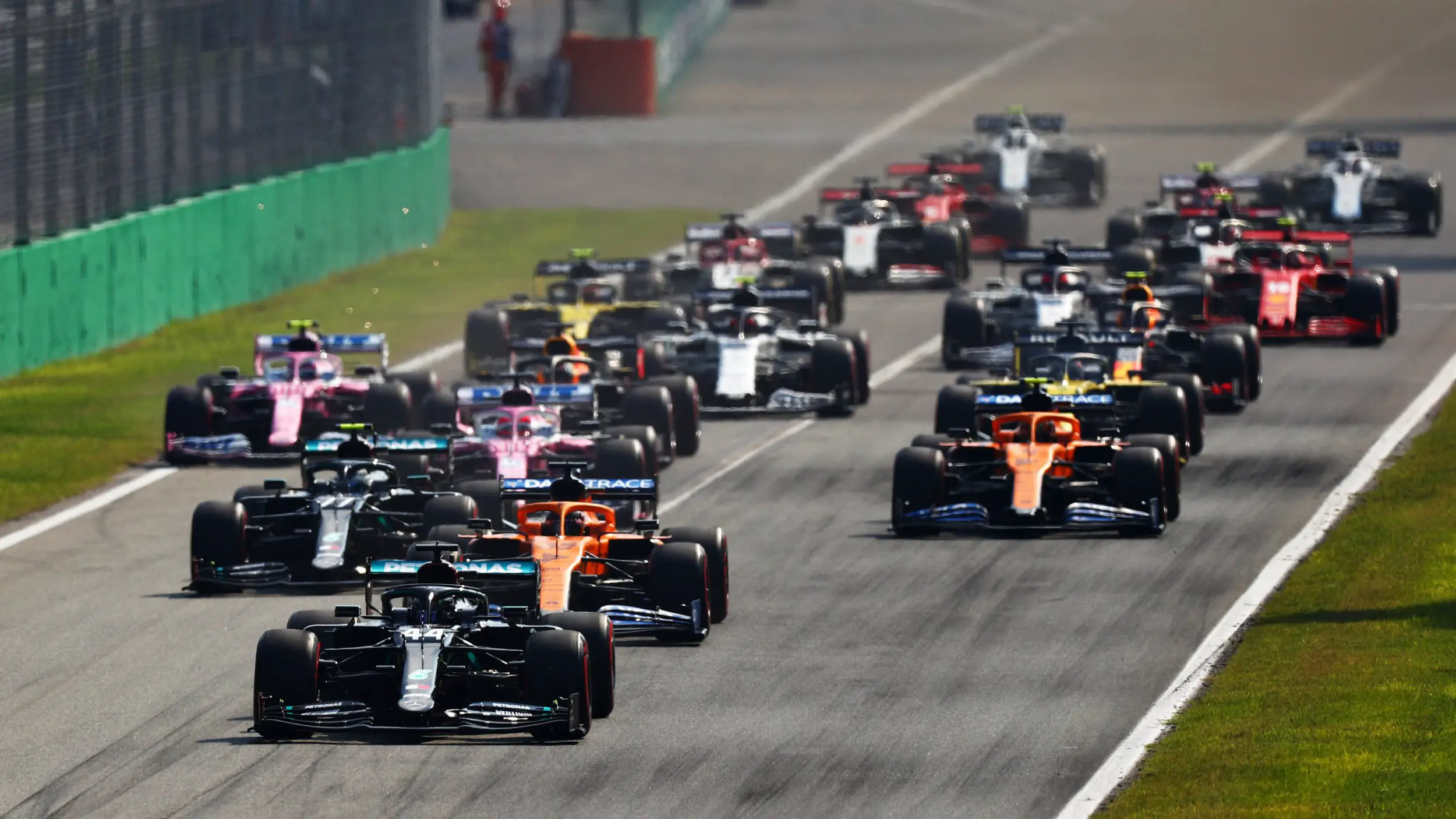Formula 1 is one of the most popular and lucrative sports in the world, attracting millions of fans and billions of dollars in revenue. But who owns Formula 1?
Who are the people behind the scenes who make the decisions and shape the future of the sport? In this article, we will explore the ownership structure of Formula 1, from the teams and drivers to the investors and regulators.
We will also look at some of the controversies and challenges that Formula 1 faces as it tries to balance its commercial interests with its sporting integrity. If you are a fan of Formula 1 or curious about its business side, read on to find out who owns Formula 1.
The History of Formula 1
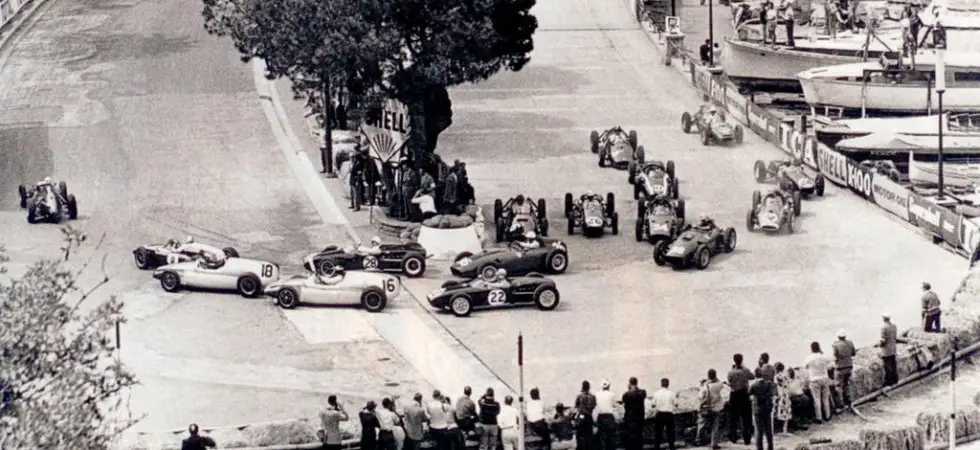
Formula 1 traces its roots back to the pre-World War II era, when Grand Prix racing was the dominant form of motorsport in Europe.
The term “formula” refers to the set of rules that govern the design and performance of the racing cars. After the war, several national championships emerged, but there was no unified international series.
In 1946, the Fédération Internationale de l’Automobile (FIA) was established as the governing body of motorsport, and in 1950, it launched the first FIA Formula One World Championship.
The inaugural season consisted of seven races, six in Europe and one in the United States. The first world champion was Giuseppe Farina, driving for Alfa Romeo.
How Formula One Evolved
Since then, Formula 1 has evolved into a highly sophisticated and competitive sport, featuring some of the most advanced technology and engineering in the world.
The cars are capable of reaching speeds of over 300 km/h and generating enormous amounts of aerodynamic downforce.
The drivers are among the most skilled and fit athletes in the world, enduring extreme physical and mental stress during the races.
Formula 1 has also witnessed some of the most dramatic and memorable moments in sporting history, such as
- Ayrton Senna’s rivalry with Alain Prost
- Michael Schumacher’s dominance with Ferrari
- Sebastian Vettels dominance with Red Bull.
- Lewis Hamilton’s record-breaking achievements with Mercedes
- Max Verstappen’s thrilling title fight with Hamilton in 2022
The Ownership of Formula 1
Formula 1 is not owned by a single entity, but rather by a complex network of stakeholders, each with their own interests and influence. The main players are:
The FIA Owns Formula 1
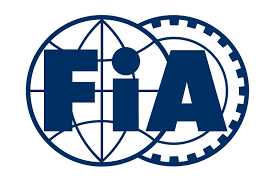
The regulatory body (FIA) sets the rules and regulations for Formula 1, as well as other motorsport categories.
The FIA also grants the commercial rights to Formula 1 to a third party, currently Liberty Media Corporation. The FIA is led by its president, Jean Todt, who is elected by its member clubs from around the world.
Liberty Media Corporation Owns F1
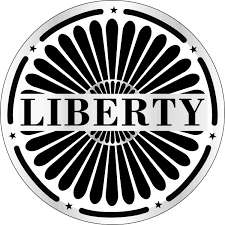
The Corporation is an American media conglomerate that owns the Formula One Group, which holds the exclusive commercial rights to Formula 1.
Liberty Media acquired Formula One Group from CVC Capital Partners in 2017 for $4.6 billion.
Liberty Media is owned by its founder and chairman, John C. Malone, who is also known as the “Cable Cowboy” for his involvement in the cable television industry. Liberty Media also owns other businesses such as SiriusXM Group and Braves Group.
McLaren F1 Team – Meet one of the most iconic F1 teams (f1worldwide.com)

Formula One Group is the company that manages and operates Formula 1 as a business.
It is responsible for organizing the races, negotiating with the teams, promoters, broadcasters, sponsors and other partners.
It is also responsible for developing new markets and opportunities, and enhancing the fan experience. Formula One Group is led by its CEO, Stefano Domenicali, who is a former Ferrari team principal.
The Teams Own Formula 1
The teams are the entities that design, build and race the cars in Formula 1. There are currently 10 teams competing in Formula 1, each with two drivers.
The teams are also shareholders of Formula One Group, receiving a percentage of the revenue generated by the sport.
The teams also have a say in the decision-making process through various associations and committees, such as the Formula One Teams Association (FOTA) and the F1 Commission.
The Drivers Own Formula 1
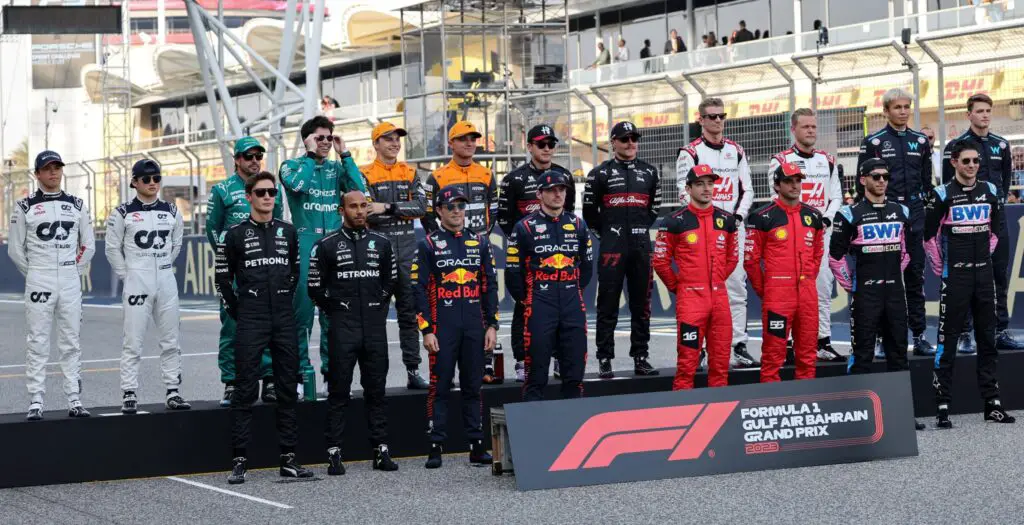
The drivers are the stars of Formula 1, who showcase their talent and charisma on and off the track.
The drivers are employed by their respective teams, but they also have their own personal contracts with sponsors and agents. Some drivers are also involved in other racing categories or ventures outside of motorsport.
The Fans Own Formula 1
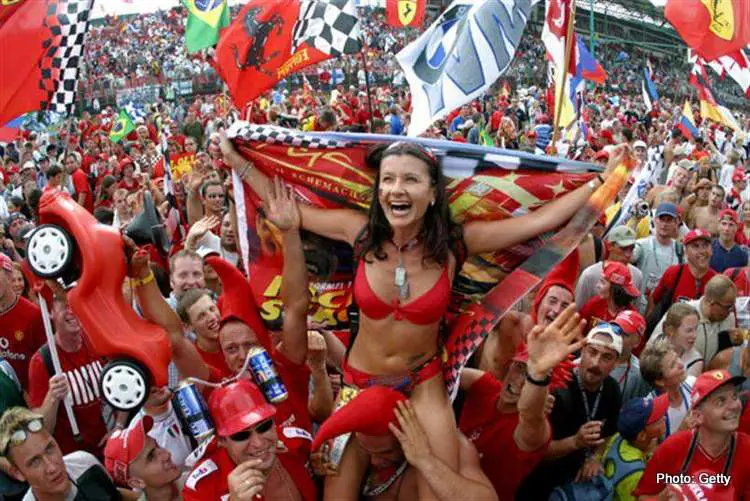
The fans are the ultimate consumers of Formula 1.
- They watch the races on TV or online platforms.
- Fans attend the events live or virtually.
- Supporters follow their favorite drivers and teams on social media.
- They buy merchandise and memorabilia.
- Fans participate in various activities and initiatives related to the sport.
- They are also vocal about their opinions and feedback on various aspects of Formula 1.
The Future of Formula 1
Formula 1 is constantly evolving and adapting to the changing world and the demands of its stakeholders. The sport faces several challenges and opportunities in the coming years, such as:
The New Engine Regulations
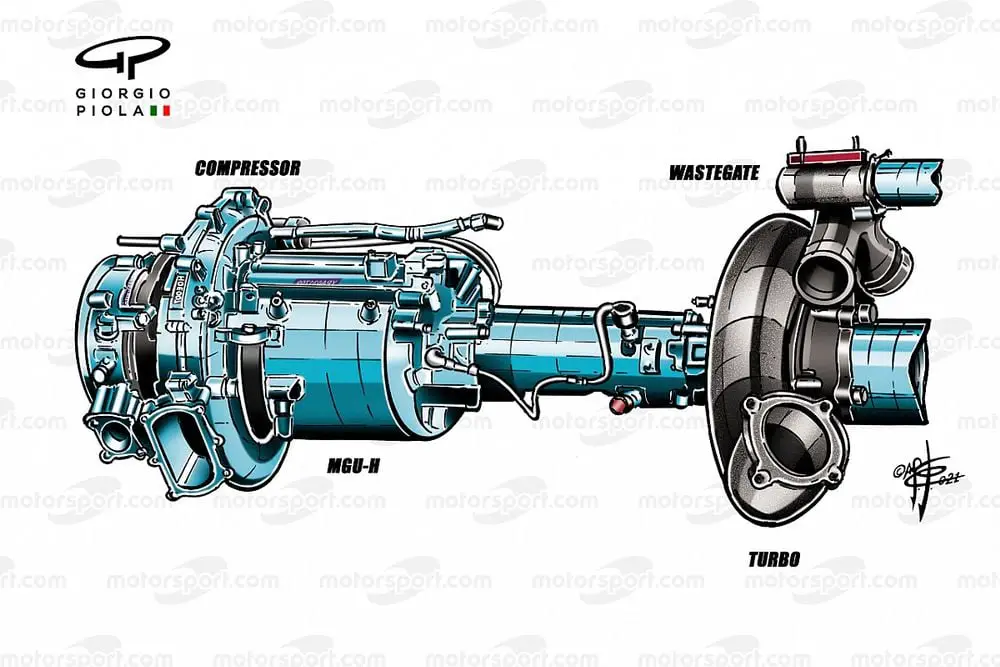
The current hybrid power units will be replaced by a new generation of engines in 2026 .
The new engines are expected to be more sustainable, efficient and powerful. They will also reduce the costs and complexity for the teams and manufacturers.
The FIA and Formula One Group are working with the current and potential engine suppliers to define the technical specifications and objectives of the new engines. These include.
- Mercedes
- Ferrari
- Honda
- Ford
- Renault
- Porsche
- Audi
The Sustainability Plan
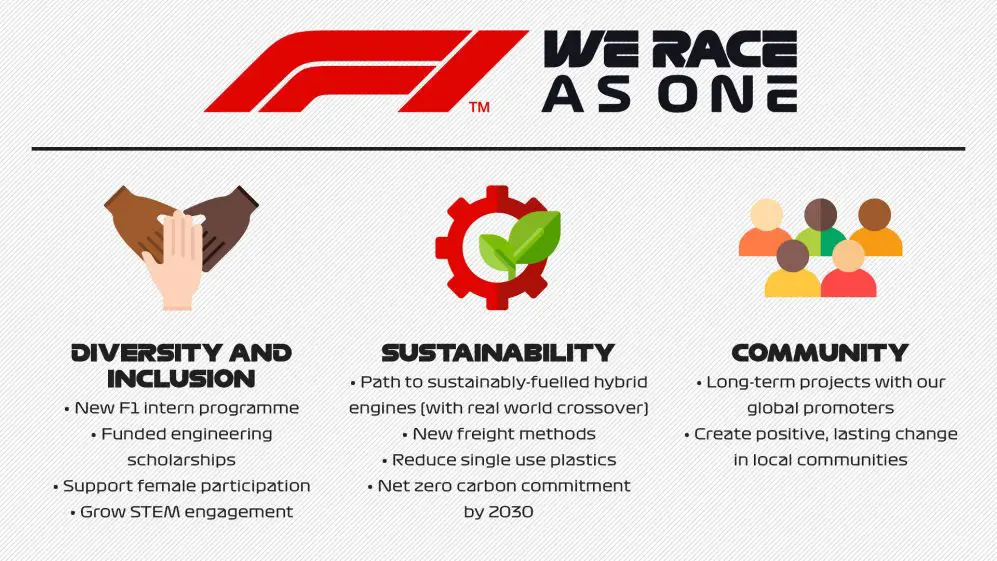
Formula 1 has announced an ambitious plan to become net-zero carbon by 2030.
This means that the sport will eliminate or offset all of its carbon emissions from its cars, on-track activities and operations.
The plan involves several initiatives, such as the following.
- Using sustainable fuels and materials.
- Improving logistics and travel efficiency.
- Powering offices and facilities with renewable energy.
- Eliminating single-use plastics and waste.
- Enhancing fan wellbeing and nature at the events.
Formula 1 also aims to use its technological innovation and global platform to accelerate the development and adoption of low-carbon solutions for the wider automotive industry and society.
The Expansion Of The Calendar
Formula 1 has been steadily increasing the number of races per season, reaching a record 21 grands prix in 2018 and 2019.
The COVID-19 pandemic disrupted the calendar in 2020 and 2021, but the sport resumed its growth in 2022 with a 23-race schedule.
There would have been 24 races in 2023 but the Shanghai grand prix was cancelled due to COVID restrictions.
The new owners of Formula 1, Liberty Media Corporation, want to expand the calendar further to 25 races in future.
This would involve adding new venues and markets to the existing ones, such as South Africa, Vietnam, and Zandvoort.
However, this also poses some challenges for the teams, drivers, personnel and fans in terms of workload, travel, costs and quality.
The Competition And Entertainment
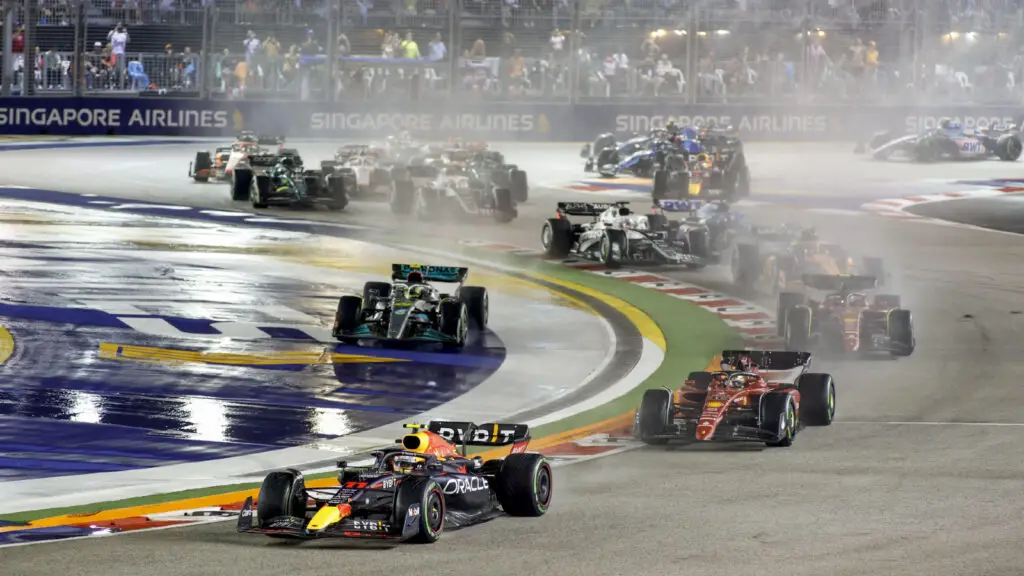
Formula 1 strives to deliver exciting and unpredictable racing for its fans around the world.
The sport made several changes to its rules and formats over the years to enhance the competition and entertainment value.
Some of these changes include the following.
- Introducing qualifying sprint races in 2021.
- Reducing aerodynamic downforce and increasing ground effect in 2022.
- Implementing a budget cap and a fairer revenue distribution for the teams from 2021 onwards.
- Standardizing some parts and components to reduce costs and performance gaps.
- Introducing a sliding scale for aerodynamic testing based on championship position.
- Allowing more freedom for tire choice and strategy.
- Experimenting with different race formats and lengths.
Formula 1 also invests in improving its fan engagement through various platforms and initiatives, such as.
- F1 TV
- Drive to Survive
- F1 Esports Series
- F1 Fan Voice
Conclusion
Formula 1 is a sport that never stands still. It is always looking ahead to the future and finding ways to improve itself.
With its new owners, partners, teams, drivers and fans, Formula 1 is ready to face the challenges and opportunities that lie ahead. Formula 1 is not just a sport; it is a spectacle, a showpiece, a spectacle of speed, skill and innovation. It is Formula 1.

